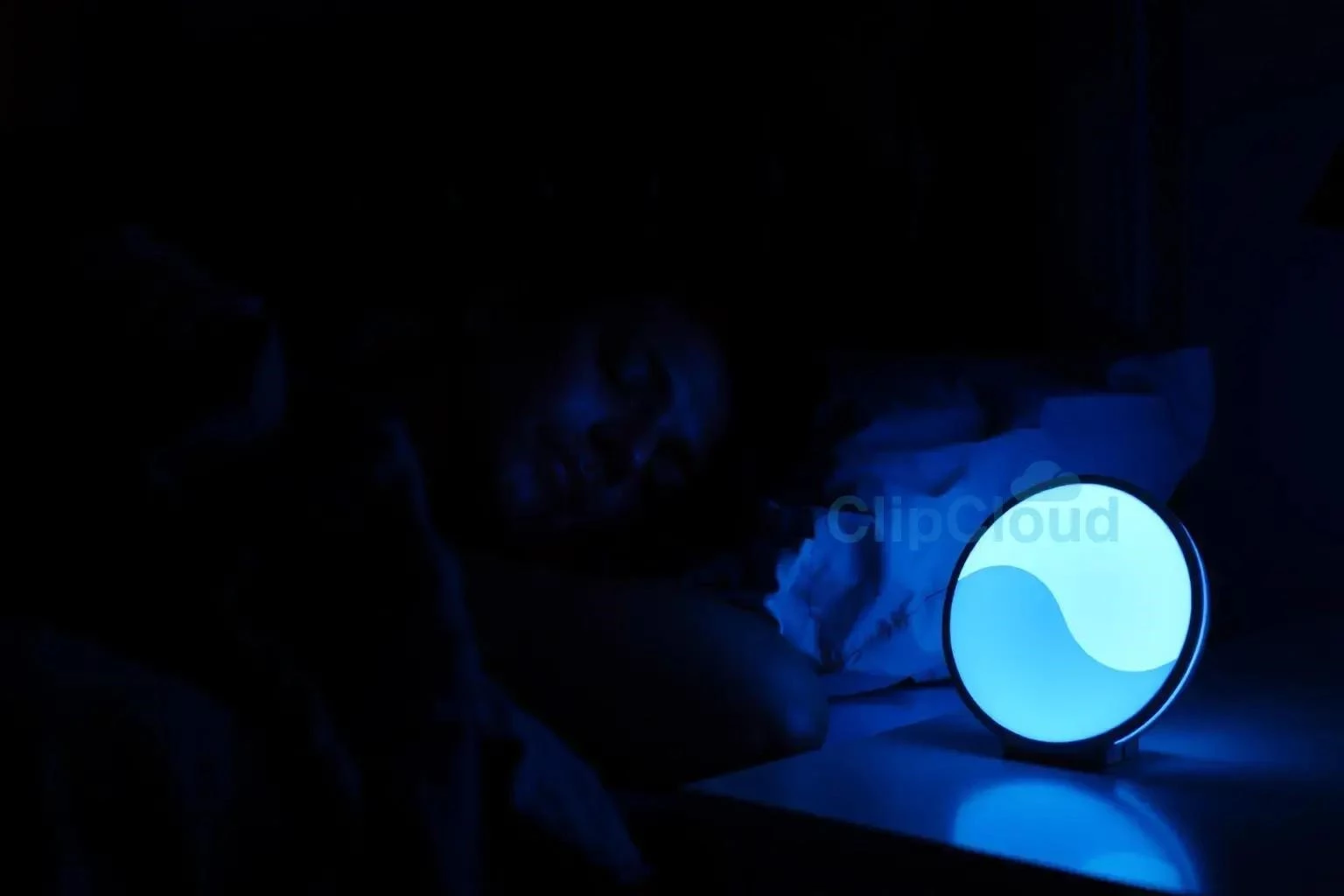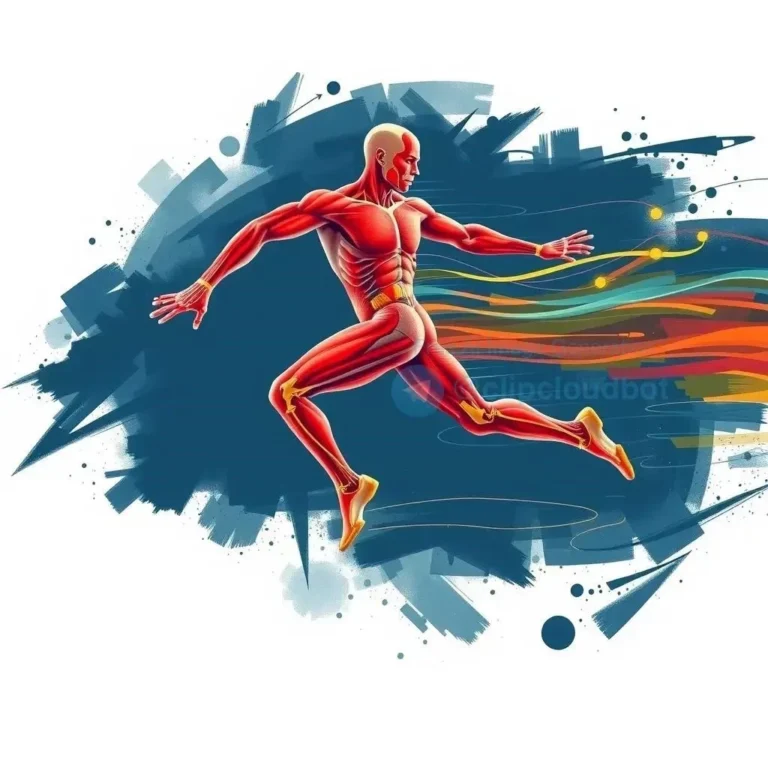How Technology Impacts Our Sleep: Disruption and Solutions
Understanding Your Circadian Rhythm
Our internal clock, the circadian rhythm, regulates sleep-wake cycles, hormone release, and body temperature. It’s a roughly 24-hour cycle influenced by light and dark.
How Technology Disrupts Our Natural Sleep Patterns
While technology offers incredible advancements, its pervasive presence significantly impacts our natural sleep patterns. The ubiquitous blue light emitted from smartphones, tablets, and computer screens disrupts melatonin production, a crucial hormone regulating sleep. Exposure to these screens, especially in the evening, tricks our brains into thinking it’s still daytime, delaying the onset of sleep and reducing its quality.
Furthermore, the constant stream of notifications, emails, and social media updates keeps our minds engaged and stimulated, making it difficult to wind down before bed. This “always-on” culture promotes a state of hyper-arousal, interfering with the natural calming processes needed for restful sleep. The fear of missing out (FOMO) compels us to check our devices even when we should be resting, further exacerbating the problem.
Beyond screens, technology’s influence on our schedules also contributes to sleep disruption. Shift work, facilitated by technology, often requires individuals to work during unconventional hours, throwing their circadian rhythms out of sync. The constant availability afforded by technology blurs the boundaries between work and personal life, leading to increased stress and difficulty disconnecting, further hindering healthy sleep patterns. The cumulative effect of these technological influences creates a significant challenge to maintaining optimal sleep hygiene in the modern world.
The Rise of Sleep Tech and Circadian-Focused Devices
Recognizing the growing impact of technology on sleep, a wave of innovative sleep tech and circadian-focused devices has emerged. These tools aim to mitigate the disruptive effects of technology and help individuals regain control over their sleep. From smartwatches that track sleep stages and offer personalized insights to smart lighting systems that mimic natural daylight patterns, technology is now being leveraged to promote better sleep.
Apps designed for sleep meditation and relaxation provide guided exercises and soothing soundscapes to calm the mind before bed. Other devices utilize biofeedback and neurofeedback techniques to train users to regulate their sleep cycles more effectively. Sunrise alarm clocks simulate the gradual brightening of dawn, promoting a more natural and gentle awakening.
Furthermore, advancements in light therapy are offering promising solutions for resetting circadian rhythms and combating jet lag. These devices emit specific wavelengths of light designed to regulate melatonin production and synchronize the body’s internal clock with the desired sleep-wake schedule. The increasing sophistication and accessibility of these tools empower individuals to actively manage their sleep and optimize their circadian rhythms for enhanced well-being and performance.
Practical Strategies for Syncing Your Sleep with Technology
While technology can disrupt sleep, it can also be a powerful ally in achieving better rest. By adopting mindful strategies, we can leverage technology to synchronize our sleep with our natural circadian rhythms. Establishing a consistent sleep schedule, even on weekends, helps regulate the body’s internal clock. Utilizing blue light filters on devices and minimizing screen exposure in the evening reduces melatonin suppression.
Creating a relaxing bedtime routine, aided by calming apps or sleep stories, signals to the body that it’s time to wind down. Wearing a sleep tracker can provide valuable insights into sleep patterns, allowing for adjustments to improve sleep quality. Leveraging smart home technology to automate dimming lights and adjusting room temperature can create a conducive sleep environment.
Furthermore, strategically scheduling technology use throughout the day can optimize alertness and focus. Taking regular breaks from screens and engaging in physical activity during daylight hours promotes healthy circadian rhythms. By consciously integrating technology into our lives with sleep in mind, we can harness its power to enhance our rest and overall well-being.






